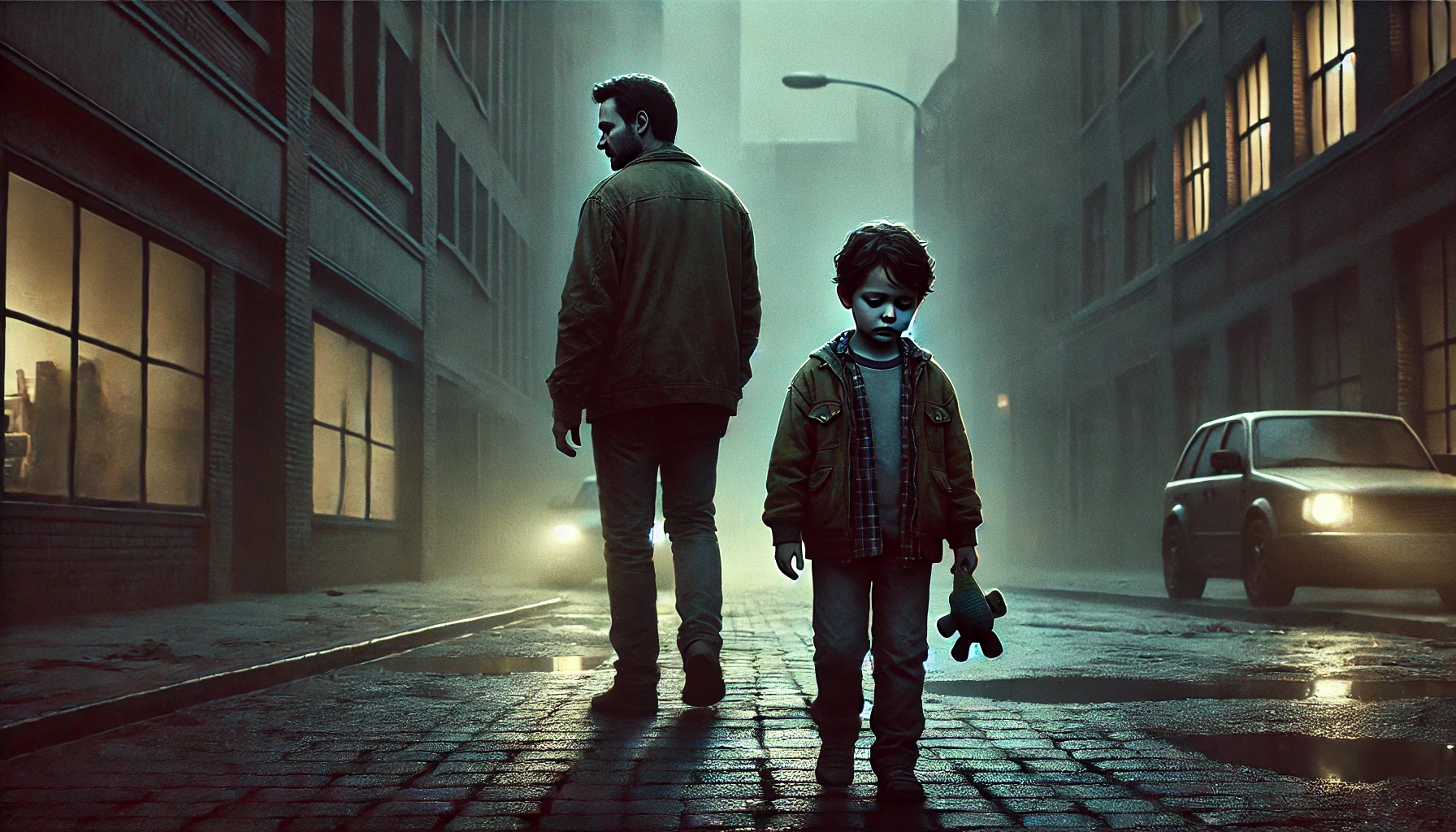The Truth About Deadbeat Dads: Causes, Consequences & Solutions
Introduction
A deadbeat dad is a term often used to describe a father who fails to provide financial, emotional, or physical support to his child. The phrase carries a negative connotation, as it implies neglect and irresponsibility. However, not all fathers who are absent in their children’s lives do so willingly—some face genuine hardships, while others intentionally evade their duties.
There are many misconceptions surrounding deadbeat dads. Some people assume that all fathers who fail to pay child support are doing so out of malice or selfishness, but in reality, financial struggles, mental health issues, and legal complications often play a role. Understanding the root causes of absentee fathers is crucial in finding solutions that benefit both children and parents.
Addressing this issue is important not just for individual families but for society as a whole. Children who grow up without a father’s support often face emotional, financial, and social hardships. In this article, we’ll explore the causes of deadbeat dads, their impact on families, legal consequences, and potential solutions that can break the cycle.
Understanding the Causes of Deadbeat Dads
Financial Struggles
Many fathers who fail to meet their parental obligations do so because of financial hardships. Unemployment, underemployment, or low wages can make it difficult for a father to provide child support. In some cases, the court-ordered child support payments are too high for the father to afford, leading to mounting debt and legal issues. Some fathers might feel overwhelmed and choose to disengage completely rather than face the financial burden.
Another factor is the lack of financial literacy and job stability. Some fathers do not have the resources or knowledge to find stable employment, further exacerbating their inability to support their children. Unfortunately, society often labels these men as “deadbeats” rather than addressing the systemic issues that contribute to their financial struggles.
Emotional & Psychological Factors
Some fathers experience emotional and psychological barriers that prevent them from being actively involved in their child’s life. Fear of responsibility, insecurity, and unresolved childhood trauma can lead to avoidance behavior. Mental health conditions such as depression and anxiety can also contribute to a father’s withdrawal, making it difficult for him to maintain a relationship with his child.
In some cases, fathers may feel unworthy of their child’s love or believe that their absence is better than being a perceived failure as a parent. These emotional struggles, if left unaddressed, can result in long-term absenteeism.
Relationship Issues
Conflict between parents is another leading cause of deadbeat dads. A strained relationship between the mother and father can create barriers to co-parenting. In extreme cases, the custodial parent may alienate the child from the father, making it difficult for him to maintain a meaningful relationship. Some fathers, feeling rejected or unwanted, may choose to walk away rather than fight for their parental rights.
Moreover, some fathers are denied access to their children due to legal disputes or false allegations. Without proper legal representation or financial means, these fathers may lose the battle for custody or visitation rights, further driving them away from their responsibilities.
Legal & Systemic Challenges
The child support system, while designed to ensure financial support for children, is not always fair. Some fathers face unfair court rulings, excessive support payments, and limited visitation rights. Others exploit legal loopholes to evade responsibility. Additionally, the system often prioritizes punitive measures over rehabilitation, leading to further alienation instead of encouraging active fatherhood.
The Impact of Deadbeat Dads on Children & Families

Effects on Children
Children raised without the presence of their fathers often experience emotional and psychological distress. Feelings of abandonment, low self-esteem, and trust issues can develop over time. Studies suggest that children without father figures are more likely to engage in delinquent behavior, struggle academically, and experience financial hardship in adulthood.
Impact on Single Mothers
Single mothers often bear the financial and emotional burdens of raising children alone. Many struggle to make ends meet while also providing the necessary care and support their children need. The absence of the father can lead to stress, burnout, and financial instability, making it difficult for the mother to offer a stable home environment.
Long-Term Social Consequences
The issue of deadbeat dads extends beyond individual families and affects society as a whole. The lack of a father figure in many homes has been linked to higher crime rates, poverty, and social instability. Addressing this issue at a systemic level is crucial to preventing future generations from repeating the same cycle.
Legal Consequences & Child Support Enforcement
Child Support Laws & Enforcement
The legal system has several mechanisms in place to ensure fathers fulfill their child support obligations. Wage garnishment, tax refund interception, and even jail time are common consequences for fathers who fail to pay. However, incarceration often worsens the situation, as it makes it even harder for fathers to earn income and support their children.
Fathers’ Rights vs. Responsibilities
Many fathers feel that the legal system is biased against them, especially in custody battles. While child support enforcement is strict, some fathers find it difficult to gain visitation rights or shared custody. A more balanced approach that considers both the rights and responsibilities of fathers is needed to ensure fair outcomes.
Government and Nonprofit Assistance Programs
Several programs exist to help fathers meet their financial obligations and stay involved in their children’s lives. These include employment assistance programs, co-parenting mediation services, and counseling. Raising awareness about these resources can help struggling fathers re-engage with their children.
Solutions: Breaking the Cycle of Deadbeat Dads
Encouraging Responsible Fatherhood
Promoting fatherhood education, mentorship programs, and support groups can help fathers understand their roles and responsibilities. Programs that encourage positive father-child relationships can make a significant impact.
Reforming the Child Support System
The system should focus on rehabilitating fathers rather than punishing them. Offering flexible payment plans, job training, and financial counseling can help fathers meet their obligations.
Promoting Healthy Co-Parenting
Encouraging cooperative parenting can reduce conflict and create a healthier environment for children. Communication workshops and legal support for fair custody arrangements can improve co-parenting dynamics.
Conclusion
The issue of deadbeat dads is complex and requires a multi-faceted approach. While fathers must be held accountable, it is equally important to address the root causes that lead to absenteeism. Society must work towards solutions that promote responsible fatherhood, fair legal systems, and better support structures for struggling parents.
Share this content:




Post Comment